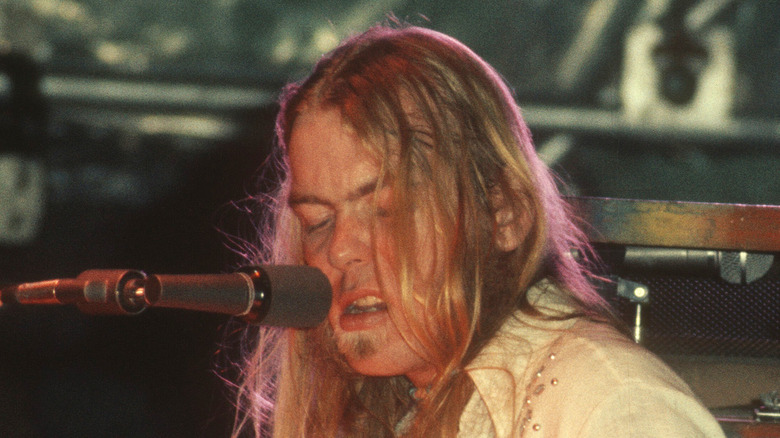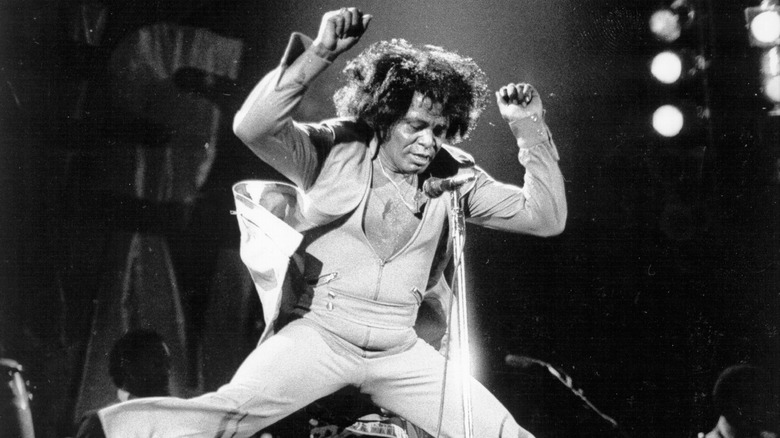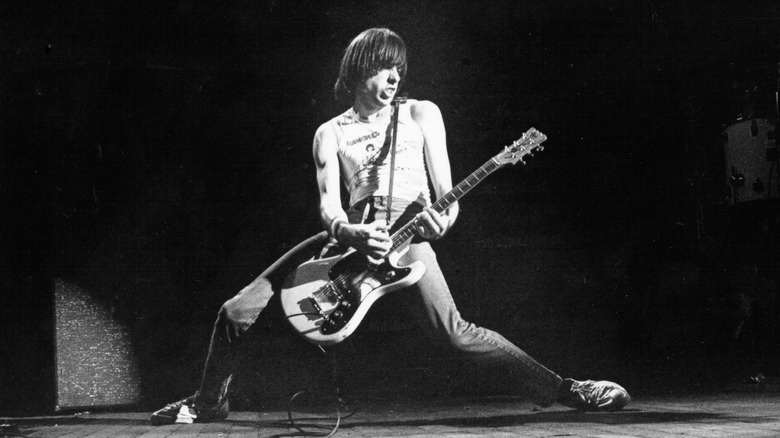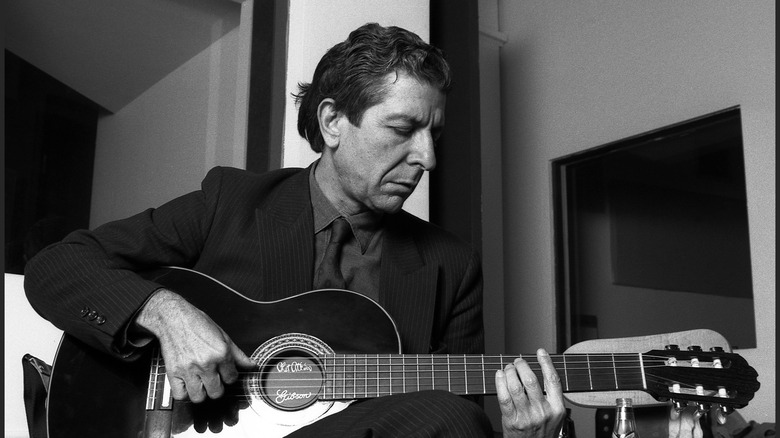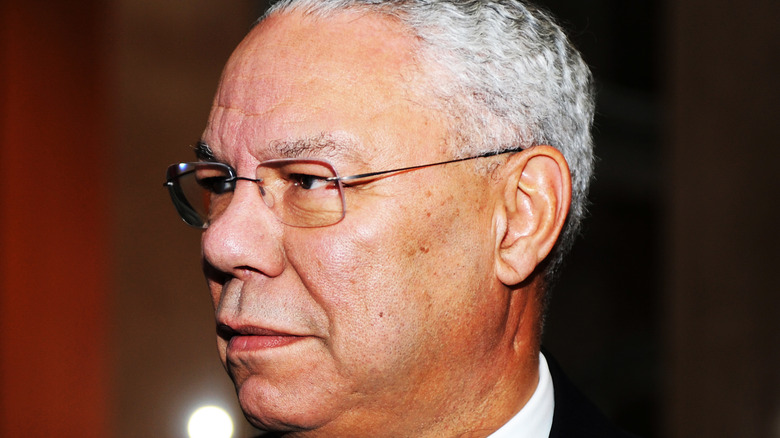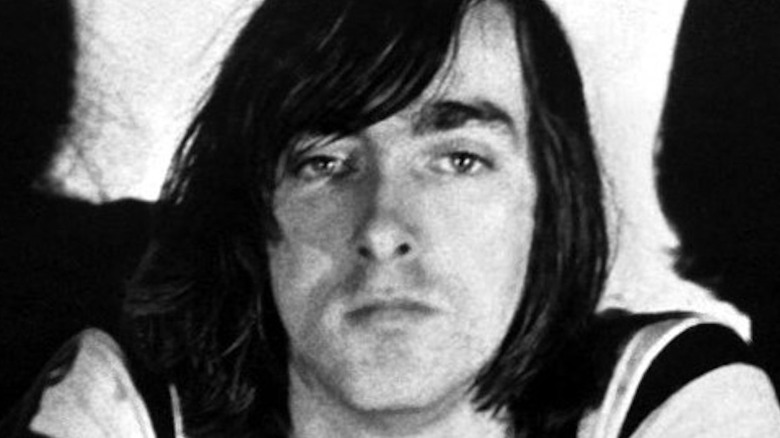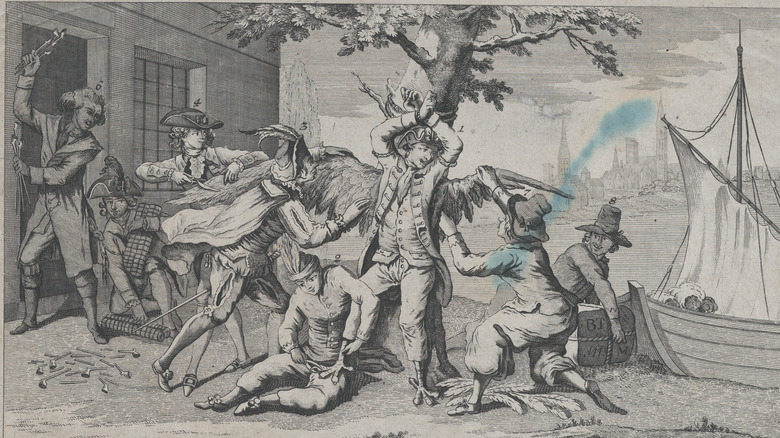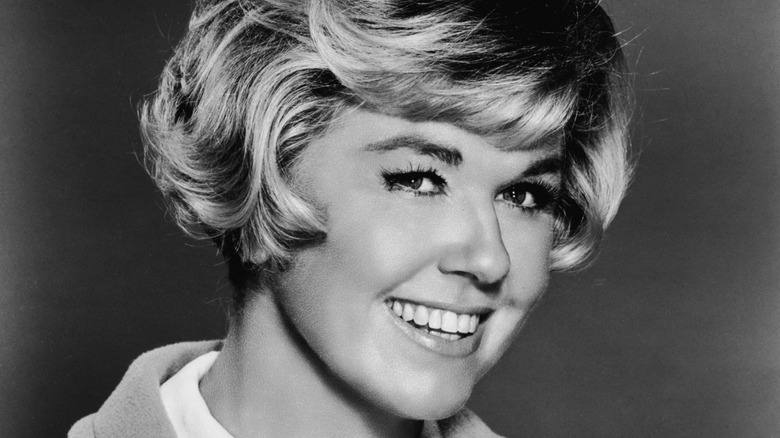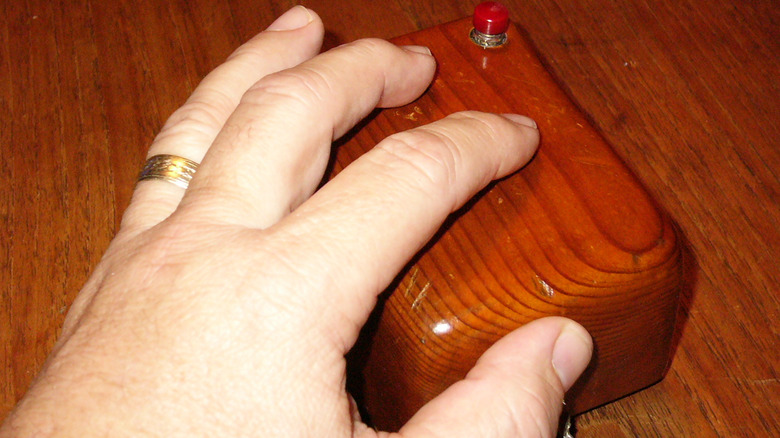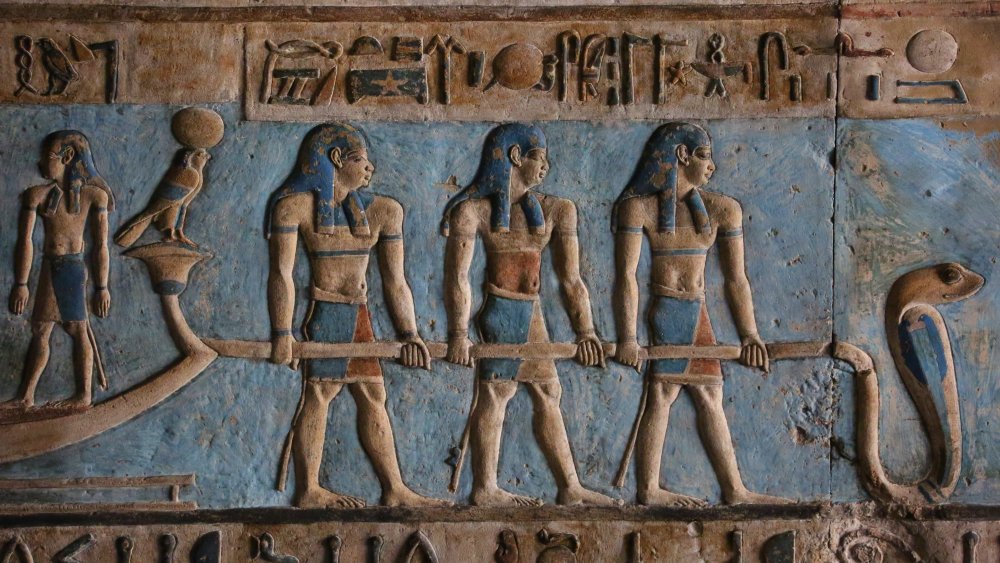
Little Known Secrets That Rock Star Obituaries Revealed
Rock fans love their musicians. As with any art, if it evokes emotion or intrigue, we gravitate toward not only the art but also the person or people who create it. That’s why by the time we’ve followed an artist for a while it might feel like we know a lot about them. We may have read their book(s), read every article we’ve seen on them, and watched all their interviews in an effort to see who they really are. Maybe we even read their lyrics to relate to those whose music we love — but as fans, we can never really know them.
When our beloved favorite musicians die, it’s such a blow even though we have likely never met them. They’ve given us something important though — songs that are the soundtracks of our lives, and even sometimes a like-minded community of fans. Maybe we’re moved by their soulful singing, their prowess with their instrument, their impressive stage presence, or their way with words. The super cool thing about musicians and other artists is that even after they die, we still have their art. But with their death comes the end of their stories.
Yet sometimes stories told in rock stars obituaries hold new bits of information that we didn’t know, something personal that fosters even more of a human connection. Here are five lesser-known facts that were revealed in the obituaries of rock stars.
Gregg Allman shot himself in the foot to avoid going to the Vietnam War
Gregg Allman rose to fame as a founding member of the Allman Brothers, which he started with his brother Duane. But before they became the hugely successful band, and before Duane was killed in a motorcycle crash early on in the band’s career in 1971, the brothers knew they wanted to be working musicians and they couldn’t do that if they went to the Vietnam War the U.S. was embroiled in Vietnam.
According to Gregg Allman’s obituary posted on Legacy in 2017, as the Vietnam War was ongoing, Gregg and Duane were both of an optimal age to get drafted and have to join the war. Duane had an out, though. He was the oldest male in the family since their father had died years prior, making him ineligible for the draft. Gregg though, was ripe for the picking.
The way to get out of it, the brother’s figured, was to have a physical malady that would prevent the military from wanting him. Per the obituary, it was Duane’s idea that Gregg should shoot himself in the foot. After doing some research, Gregg picked a spot between two bones that he thought would do the least damage, and actually went through with it and shot himself in the foot. He could still walk and he never went to Vietnam.
James Brown lost 2 to 3 pounds per performance
James Brown was often called the “hardest working man in show business,” and his live acts were a big reason. According to Biography in the 1950s and the 1960s Brown played shows five to six times a week, and a James Brown show was a thing to see. He brought the energy, the dance moves, and the unadulterated vocal passion to his high-energy performances.
So when the Godfather of Soul played a show, he “routinely lost two or three pounds” after each performance, according to his obituary written by the Associated Press (via Legacy). You gotta think most of that was water weight from sweating so much, but still, that’s a lot of work and a lot of sweat. According to his attorney, Jay Ross, Brown kept that kind of performing up even in his later years while he was dealing with prostate cancer.
Ross said, “He’d always give it his all to give his fans the type of show they expected,” according to the AP.
Johnny Ramone was a big fan of President Ronald Reagan
Punk rock is inherently anti-authoritarian. So when the Associated Press reported (via Legacy) that guitarist Johnny Ramone of American punk-rock outfit The Ramones had a favorite president, the affection was, well, unexpected. What self-respecting punk rocker would revere a politician?
Then it turned out that his favorite president was the daddy of modern conservatism, Ronald Regan. That was downright flabbergasting. Not that anything is wrong with having Ronald Reagan as your favorite former American president, but for a co-founder of one of the most influential punk bands in history to feel that way, it’s the antithesis of what we expect from our icons who’d so carefully crafted an image as counterculture rebels.
Still, according to Far Out Magazine, Johnny Ramone hid the fact publicly that he subscribed to Republican values until the band was inducted into the Rock & Roll Hall of Fame in 2002, when he said, “God bless President Bush, and God bless America.”
He even once made a top-10 list of his favorite republicans. Reagan was at the top, but number two was one of America’s most vilified presidents, Richard Nixon, Far Out Magazine reported.
Leonard Cohen wrote 80 verses to his most famous song, Hallelujah
Singer, songwriter, and poet Leonard Cohen had a slow but steady climb to becoming a legendary songwriter, some might even say, the songwriter’s songwriter. He recorded his first album in 1967 after not finding success as a poet. According to his obituary on Legacy, when he started making music, fans mostly discovered him via word-of-mouth and over the years, famous musicians often covered his songs.
His most well-known and covered song is “Hallelujah”, which came about during a career slump and has since spawned 300 versions, according to Rolling Stone, who wrote that it took Cohen five years to finish writing the song. It may have taken so long because Cohen had about 80 verses to the song that he whittled down to just four, according to his obituary. That is some legit editing.
Though Cohen had written so many verses, the song had a very particular meaning he was trying to convey. According to Auralcrave, Cohen said “Hallelujah”, which was released on his album “Various Positions” in the mid-1980s, was meant to convey how “This world is full of conflicts and full of things that cannot be reconciled. But there are moments when we can … reconcile and embrace the whole mess, and that’s what I mean by ‘Hallelujah,'” he said.
Instead of partying after concerts, Charlie Watts sketched the inside of his hotel rooms
When Rolling Stones drummer Charlie Watts died in August 2021, it was a devastating loss to the band, his family, and legions of fans. Watts was known as the low-key member of one of the raunchiest bands in rock ‘n’ roll — the reluctant rock star — but in his New York Times obituary, we got a glimpse of just how different he was from his bandmates, Keith Richards, Mick Jagger, and Ronnie Wood, all whom have earned a reputation for hard-partying and enjoying the company of myriad ladies.
According to Watt’s obituary, he once told Rolling Stone Magazine that after every Stones’ show since 1967, he would go back to his hotel room alone, pull out his sketchbook, and draw the room. He once said, “I’ve drawn every bed I’ve slept in on tour since 1967. It’s a fantastic nonbook.”
The partying and hooking up with groupies thing just wasn’t his scene. The New York Times obituary reported that in the book “According to the Rolling Stones,” Watts said, “I loved playing with Keith and the band — I still do — but I wasn’t interested in being a pop idol sitting there with girls screaming. It’s not the world I come from. It’s not what I wanted to be, and I still think it’s silly.”
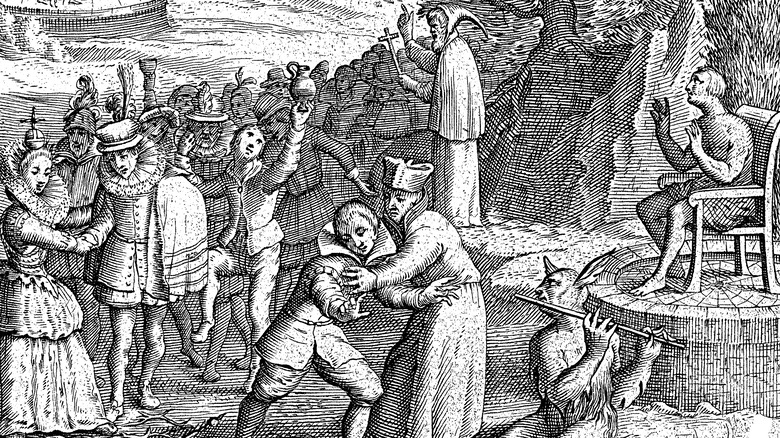
The Real Reason Many Churches Deny The Existence Of Purgatory
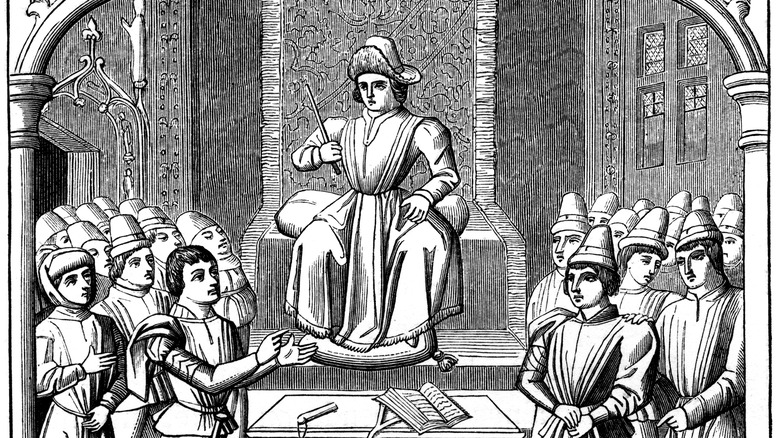
Inside The Bizarre Legal Case Of The Count Gero Of Alsleben
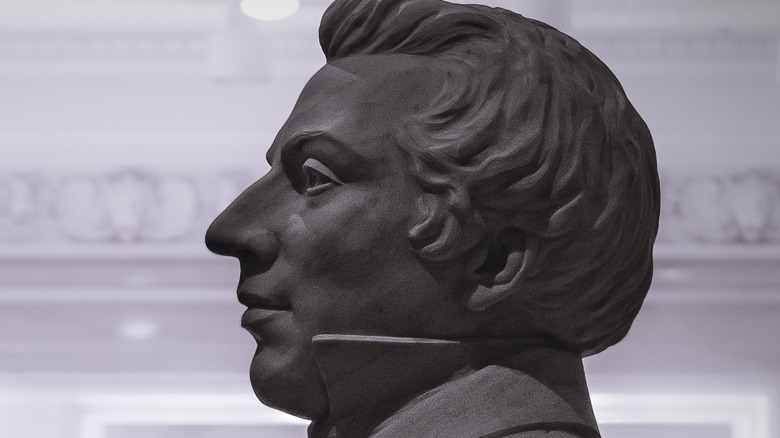
Joseph Smith: The Death Of The Founder Of Mormonism Explained
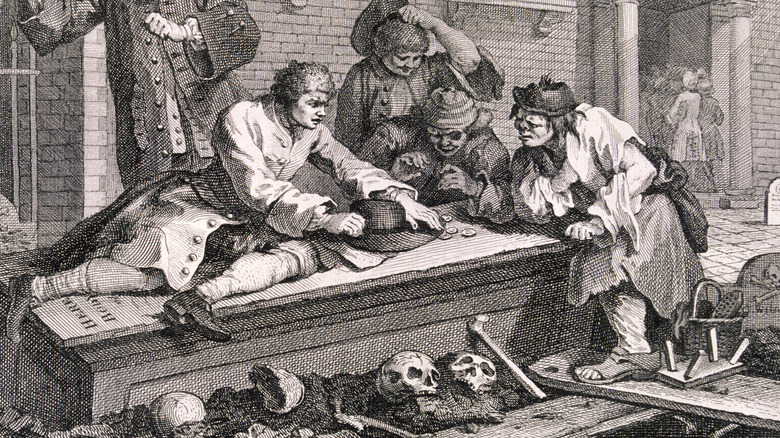
How Much Grave Robbers Really Got Paid
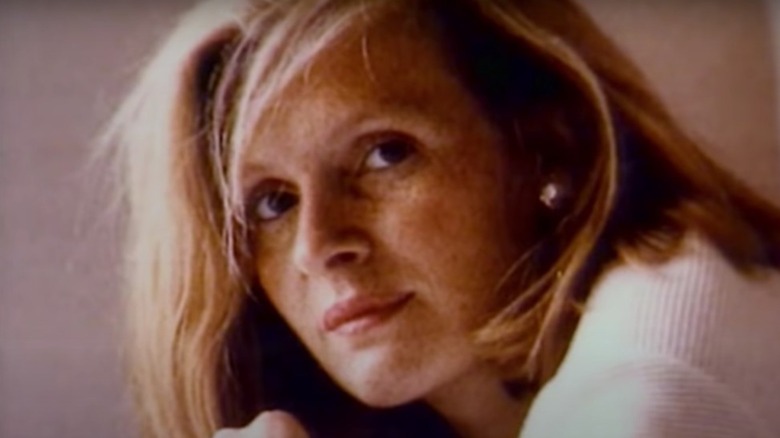
What Sophie Toscan Du Plantier's Life Was Really Like
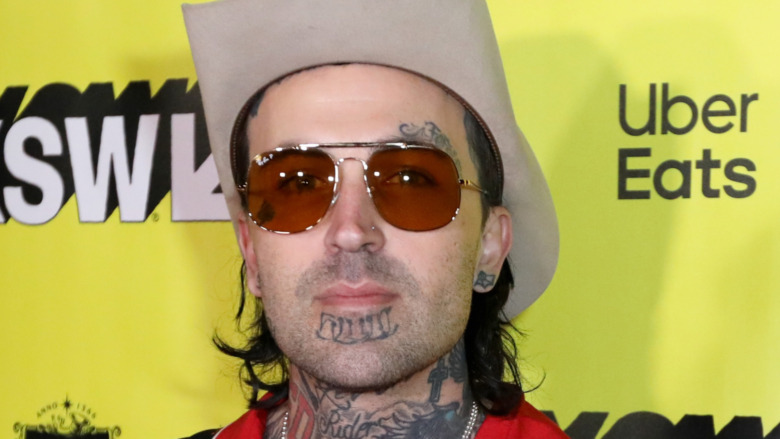
Why Yelawolf Can't Stand Post Malone

How Much Prince Was Really Worth When He Died

Setsubun: The Japanese Festival Of Throwing Beans At Demons
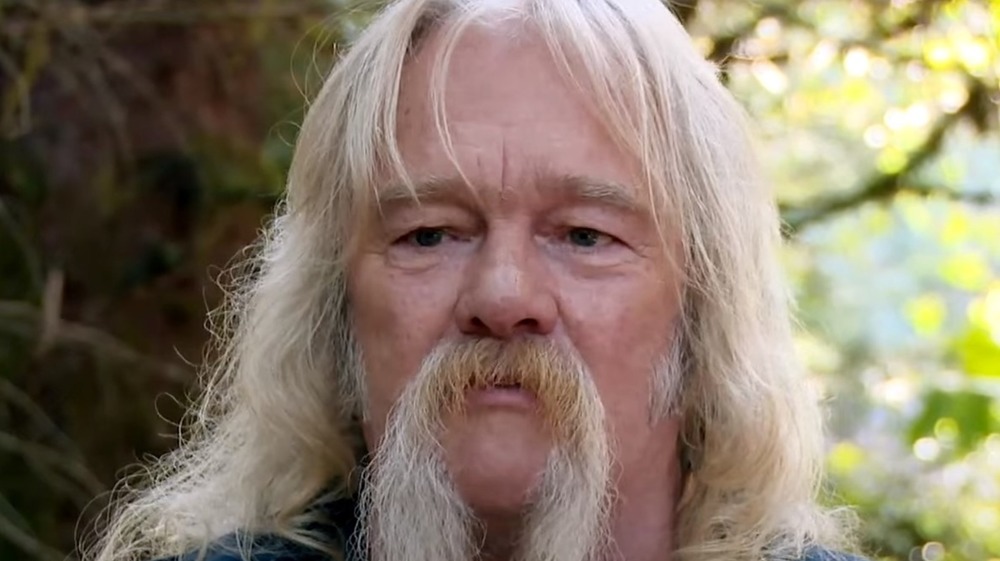
What Was Alaskan Bush People Star Billy Brown's Net Worth When He Died?
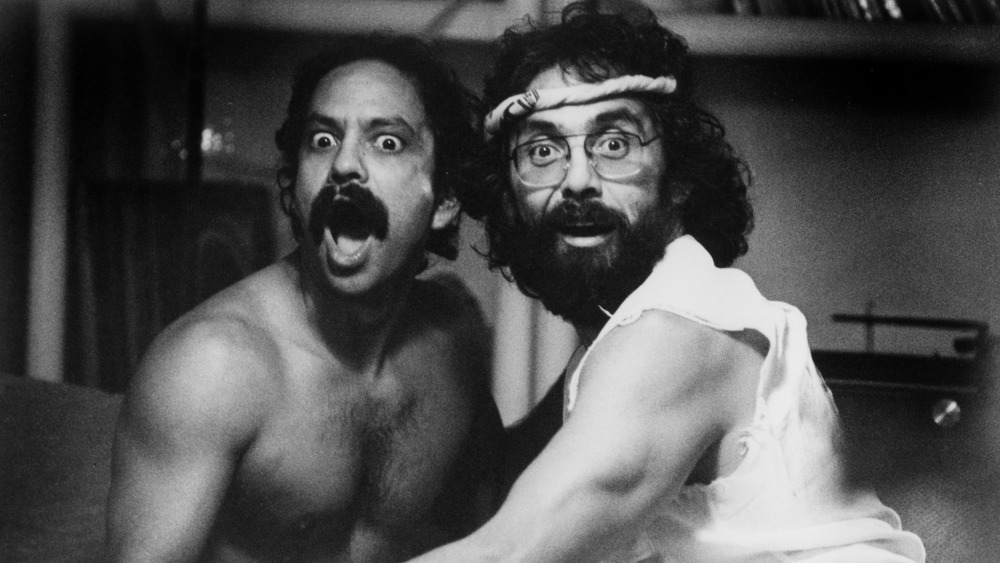
The Real Reason Cheech And Chong Split Up
